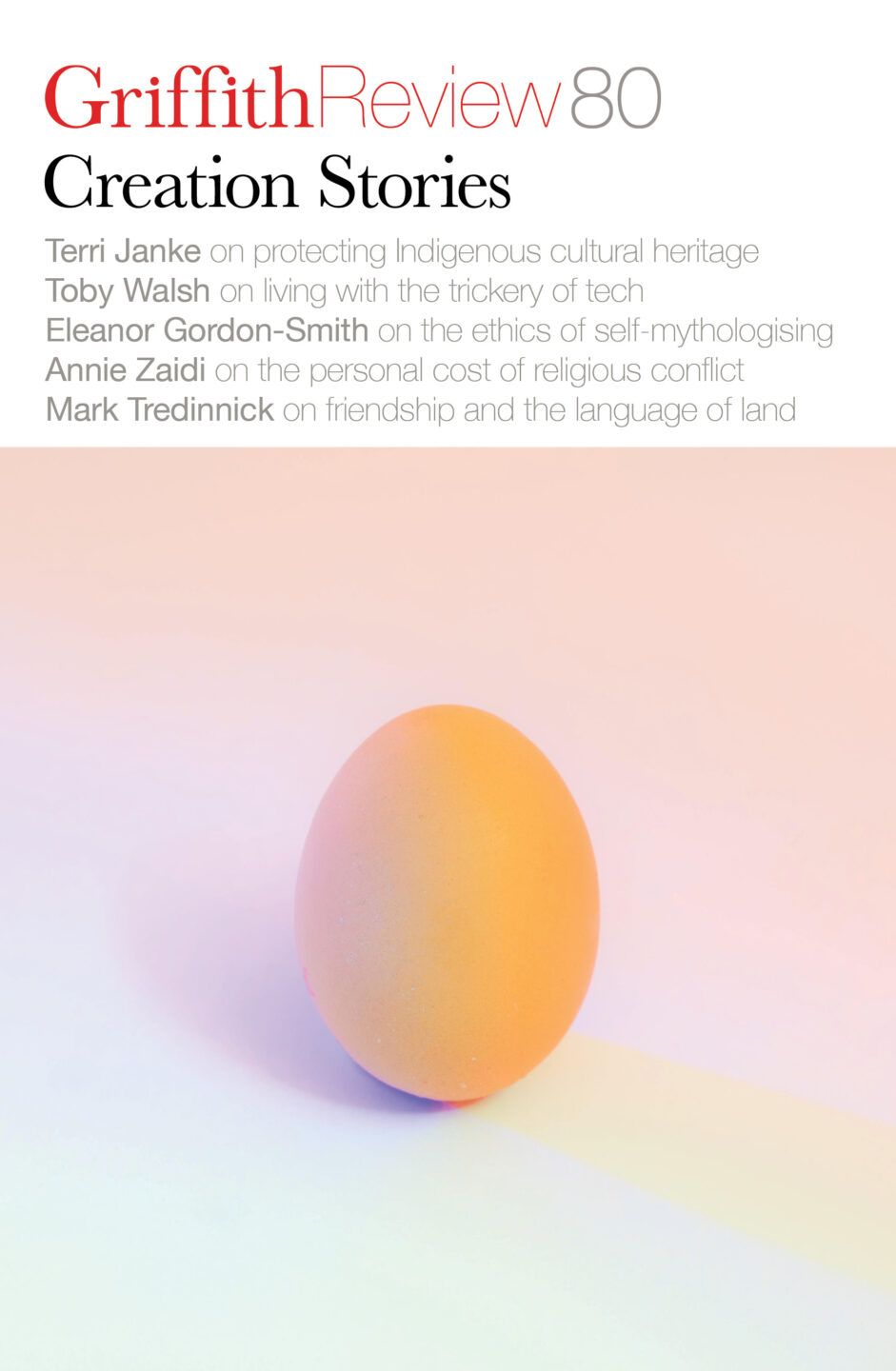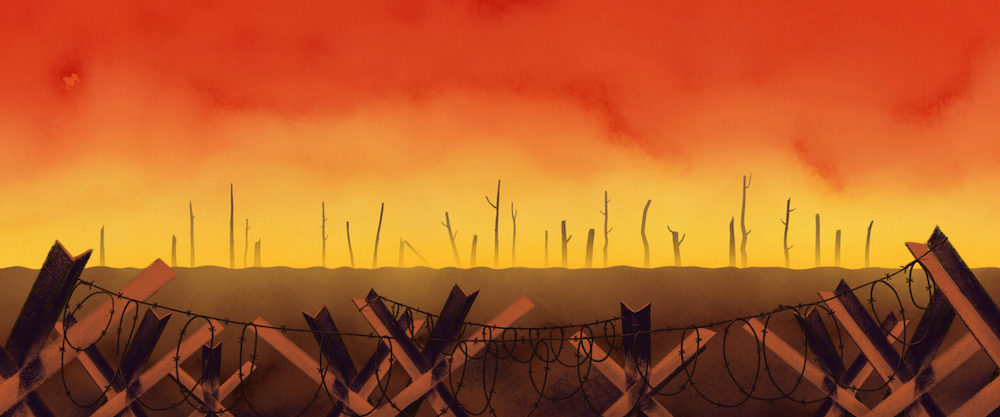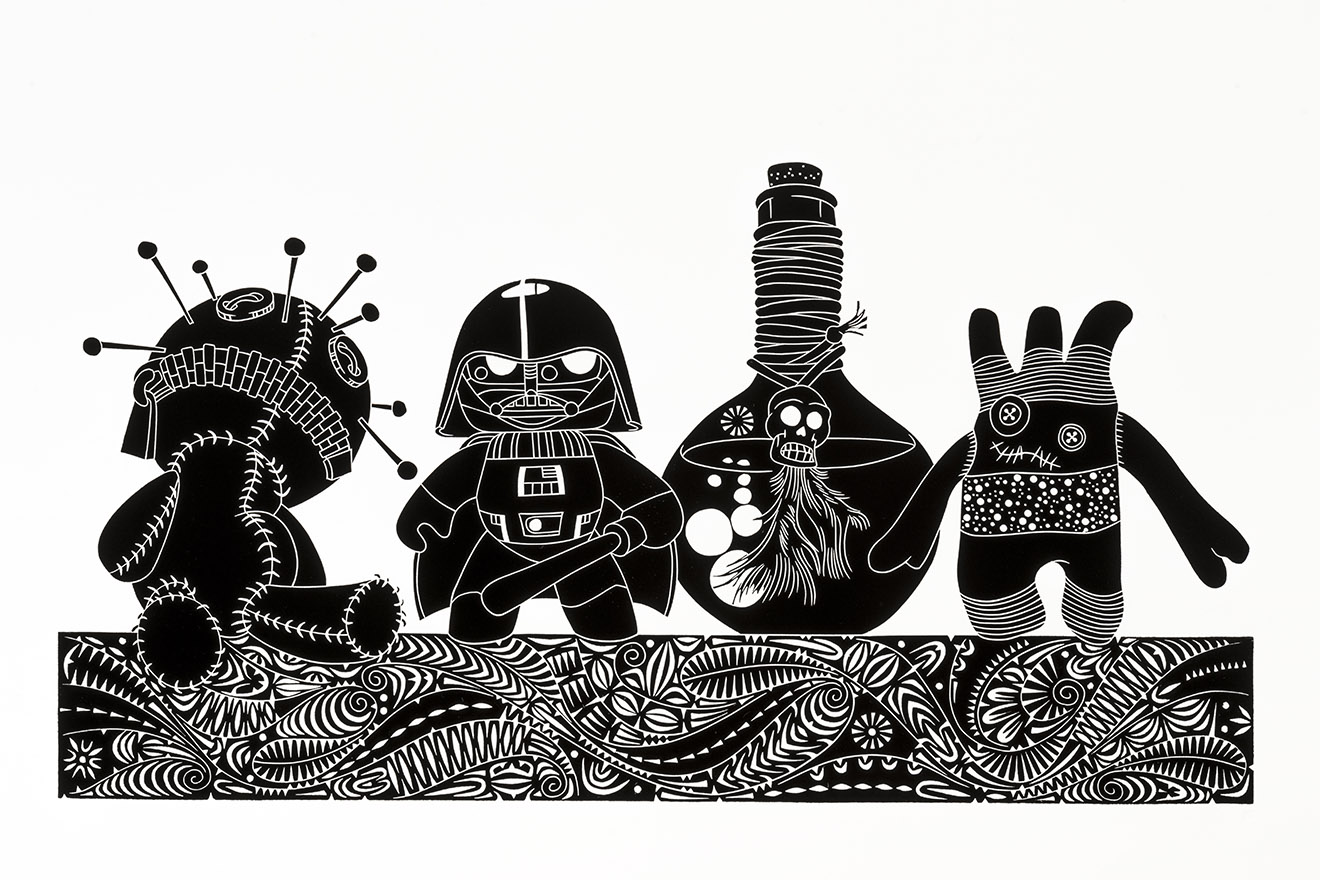Featured in

- Published 20230502
- ISBN: 978-1-922212-83-2
- Extent: 264pp
- Paperback (234 x 153mm), eBook


Already a subscriber? Sign in here
If you are an educator or student wishing to access content for study purposes please contact us at griffithreview@griffith.edu.au
Share article
More from author

Glitter and guts
All those years I had been excluded from the Anzac narrative because the Defence Act had outlawed Black enlistment. Lest we forget morphs into satire when you uncover the depths of collective amnesia surrounding Black service in World War I and Black resistance since colonisation. The more accurate catchphrase would be Best we forget. How can we be ‘one’ when we are not allowed to remember equally? Nostalgia is selective about remembrance.
More from this edition

Pop mythology
In ConversationEven though I grew up on a small, remote island, I was still heavily influenced by television – particularly the sort of cartoons that would play on Saturday mornings, mornings before school, after school and so on. When it comes to DC and Marvel and all of those superheroes, for me that was ignited by my late grandfather Ali Drummond, my mother’s father, who had boxes of Phantom comics. Phantom was my early introduction to the strong, powerful male being who had supernatural strength and abilities.

Autumn
PoetryTsunami-hit, shoved over at a tilt, they’ve left the bashed old kovil’s god-thronged tower standing, tallish, beyond the new one built to face, this time, becalm, the ocean’s power…

On the right track
Non-fictionWhen the National Cultural Policy was released, the Albanese government stated their commitment to developing legislation to protect Indigenous Cultural and Intellectual Property. At last there will be a legal framework which can not only protect Indigenous peoples’ rights, but also set the pathway for better sharing of culture and greater respect for Indigenous cultures as the oldest living cultures in the world.